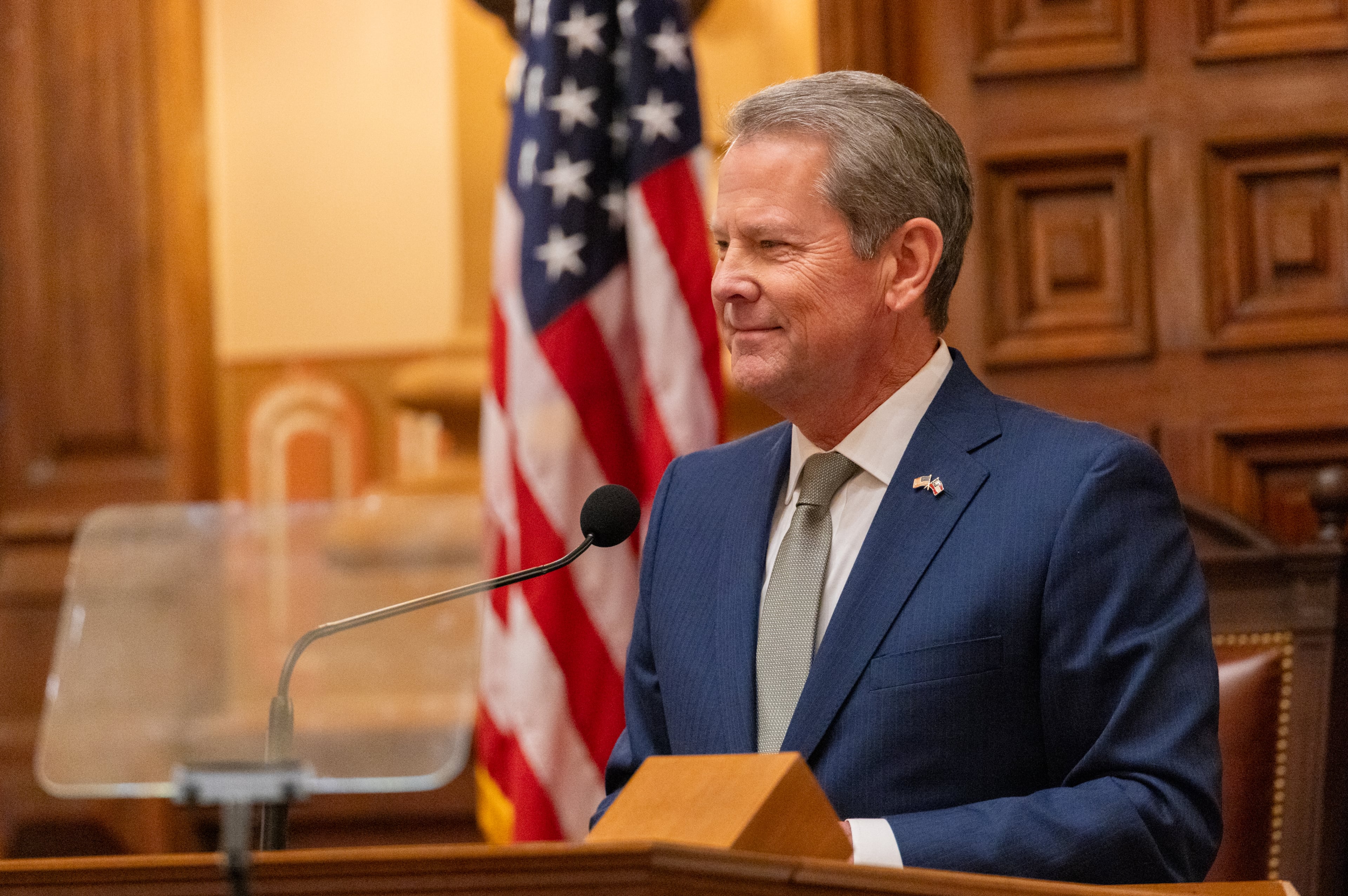Georgia GOP rebukes party official for attacking Republican lawmakers

A far-right election conspiracist who recently won a Georgia GOP leadership post picked a fight with other party officials Friday when he accused Republican legislators without evidence of taking checks from lobbyists in exchange for “favorable votes.”
The mass email from David Cross, who was elected last year as the state party’s second vice-chair, drew a public rebuke Friday from Georgia GOP Chair Josh McKoon, who criticized Cross for making “unsupported accusations” against state legislators.
The sharp back-and-forth underscored the simmering tension within the state GOP, which has shifted further to the right since Donald Trump’s 2016 election as president.
Cross and others from the most conservative wing of the party have won election to key state and local party posts, and they have marshaled the Georgia GOP to raise money to help float the legal fees for co-defendants in Fulton County’s election interference case.
Many mainstream Republicans, meanwhile, have followed Gov. Brian Kemp’s lead by steering clear of the state GOP. Kemp and other top Republicans skipped the party’s 2023 convention and have channeled their fundraising efforts into other GOP causes.
Even so, the acrimonious exchange represented a new phase of infighting within the state GOP.

McKoon, a former state senator, forged a coalition of hard-line conservatives and more middle-of-the-road Republicans to win his post last year, and he has rarely publicly criticized other GOP leaders.
That changed when Cross sent a mass email saying that lawmakers were “wheeling and dealing this week in ‘pre-meetings’ where the lobbyist (sic) were handing out checks for favorable votes in the coming session.”
The email included a reference to the most recent financial report filed by state House Speaker Jon Burns, a Newington Republican, along with a bright-red admonition to “follow the money.”
“Our representatives are supposed to represent us,” it stated. “If you don’t call them TODAY and remind them, they will represent the big mone (sic) or they will represent their own self-interests.”
State law prohibits Georgia lawmakers from collecting campaign cash during the legislative session, so the days leading up to the opening of the roughly three-month period are filled with fundraisers.

But McKoon and his allies took issue with the insinuation that Burns and other Republicans were collecting checks directly in exchange for votes. Burns didn’t comment on the attack.
In a statement, the Georgia GOP said it was “grateful” that Republican legislators adopted anti-abortion legislation, overhauled state election laws and passed “a host of other conservative priorities.”
“This email does not reflect the position of the Georgia Republican Party,” it stated.
“We look forward to working with our Republican state legislators to continue positive momentum on important initiatives as the 2024 legislative session kicks off on Monday.”
Cross, who didn’t immediately respond to requests for comment, is one of several new state GOP officers with a history of attacking the “establishment” and promoting conspiracy theories that focus on unsubstantiated claims of widespread election fraud.
He leads a group called the American Patriot Caucus that purports the voting system is “malfunctioning.” In the mass email, Cross also called for new limits on mail-in ballots, an end to early in-person voting and other ballot access restrictions.



